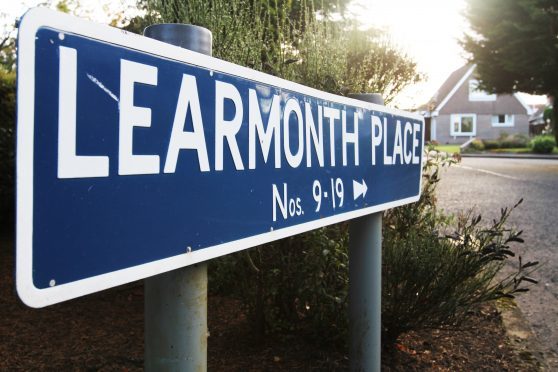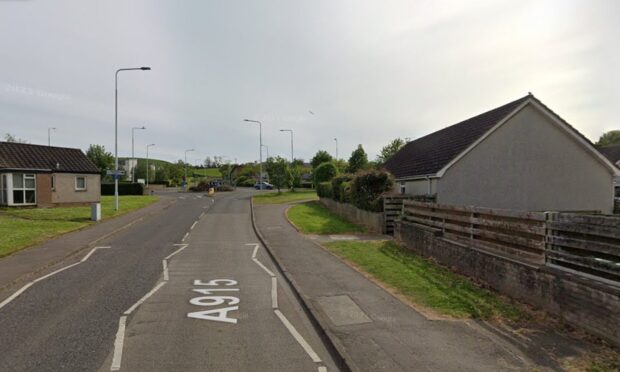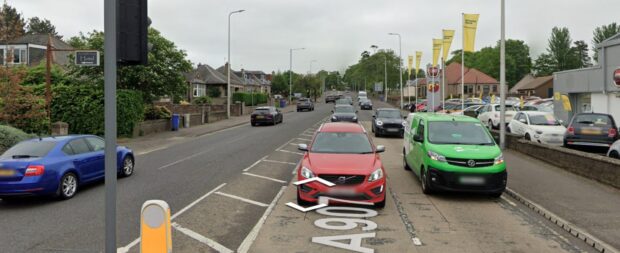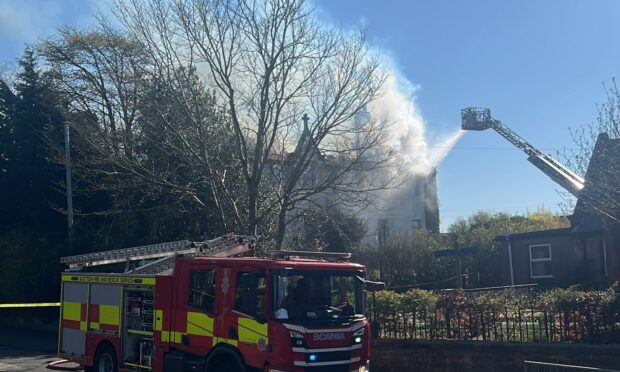Plans for a controversial new HMO (house in multiple occupation) in St Andrews have been given the green light, despite residents remaining upset about the impact it could have on the area.
Twenty-four representations opposing Alison and Chris Stephenson’s proposal for 9 Learmonth Place were lodged with Fife Council, prompting the need for a special meeting of the regulation and licensing committee in Cupar on Wednesday.
Mr and Mrs Stephenson intend to turn the property into a HMO for five people, although that sparked alarm from neighbours concerned about anti-social behaviour, rubbish, noise disturbance and parking problems, to name but a few.
Despite hearing arguments against the plan, the committee unanimously decided to support the application.
It is therefore now almost certain a licence will be granted, pending two small repairs at the address, although those who made representations still have a right to appeal through the courts.
After hearing the objectors’ views, Mr Stephenson concluded: “Principle has been discussed an awful lot here but the principle that hasn’t been discussed is that people deserve a home, free from prejudice or discrimination.
“I hope we can be allowed to proceed and provide something that the town needs.”
The property is outside the central St Andrews area covered by a new HMO moratorium, but neighbours Graham and Maura Jack argued it was “not in keeping” with a quiet, residential area.
“St Andrews is already well served by HMO properties – there are hundreds of them and they are spreading into the residential areas now,” Mrs Jack said.
“It’s impacting on the ability of people to live permanently in the town.”
Fellow objector Jean Ferrier said: “It would just change the whole tone of our street completely and I feel it’s very unfair.
“We feel that the idea of a home is being jeopardised by a money-making scheme.”
James Bennett said: “It’s only natural that there will be a leapfrogging effect and there will be a rash of applications following this.”
Professor Chris Todd also claimed the move would set a dangerous precedent.
“I’m quite convinced that if we have multiple students or even golfers visiting then we have an anti-social behaviour problem.
“This is a business and the money they are making is not being donated to charity – they are seeking to make an income. This is our home.”
Mrs Stephenson outlined measures to alleviate concerns, including clauses in any contract that no parties or no overnight visitors were allowed.
Stressing the university would effectively act as a local agent under a direct leasing scheme and would immediately respond to any issues, she added the household would be kept to a three-car minimum to ease fears about parking congestion, and said holiday lets were not being considered.
However, she argued young people were effectively being “shut out” of certain areas due to the high cost involved and stressed there is a need for such properties in the town.










